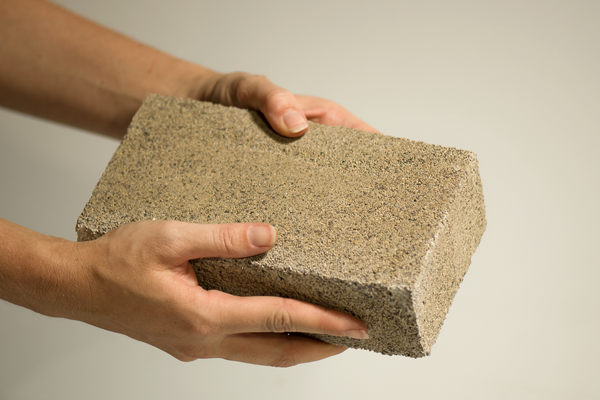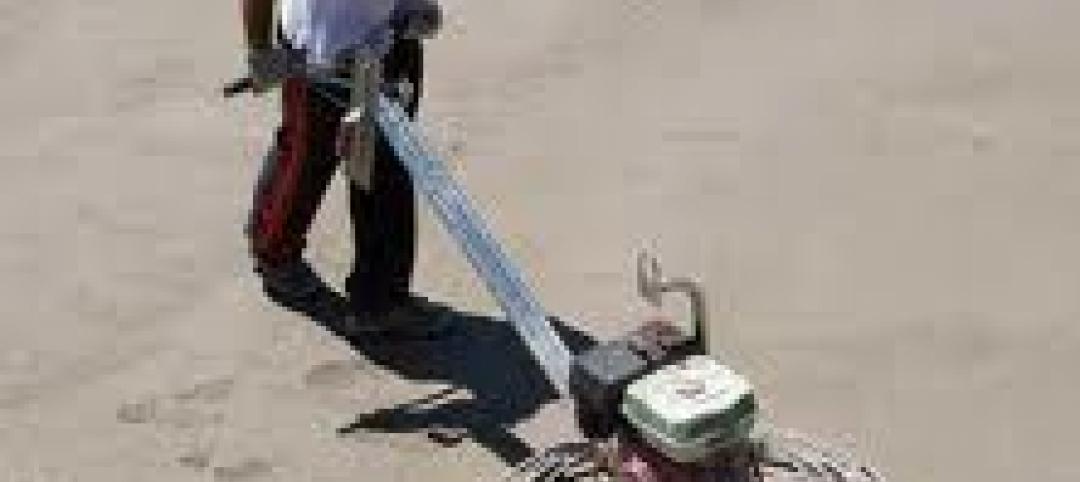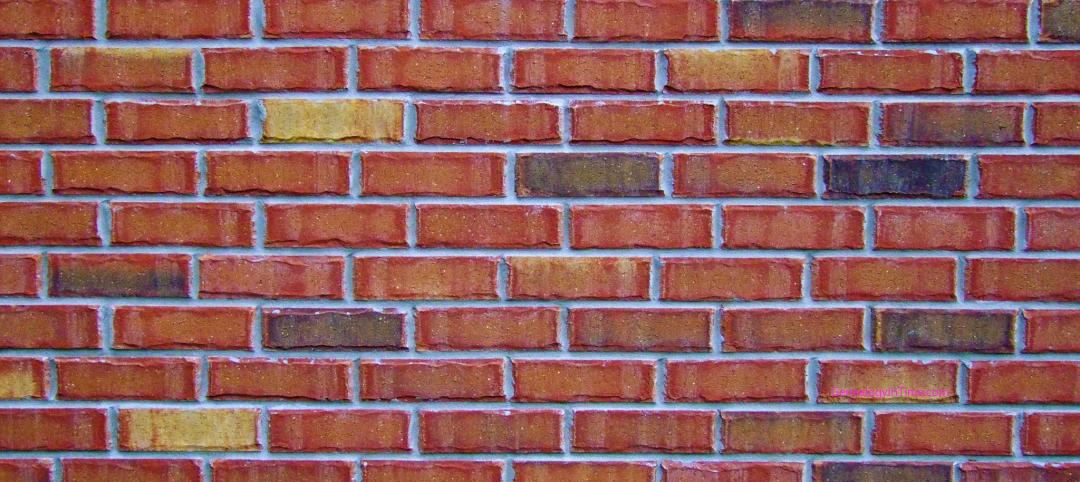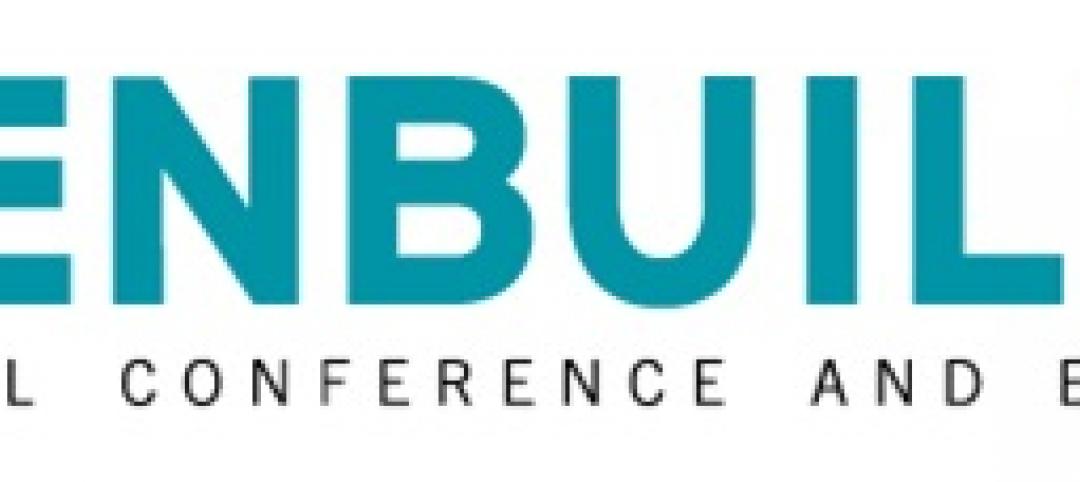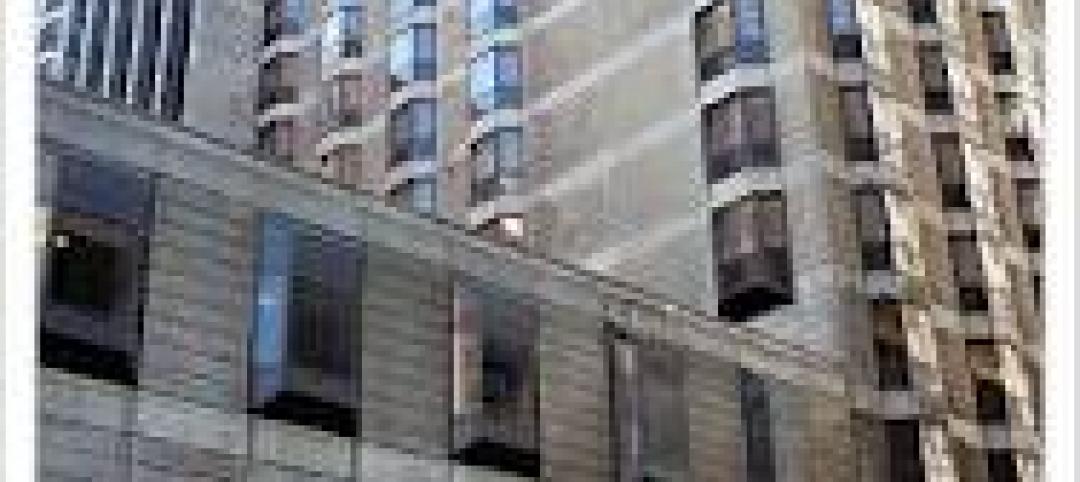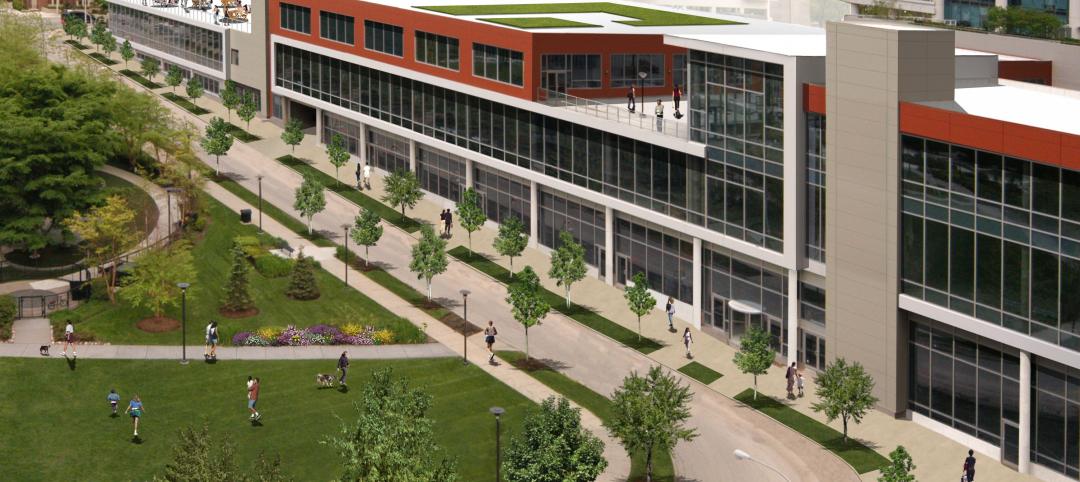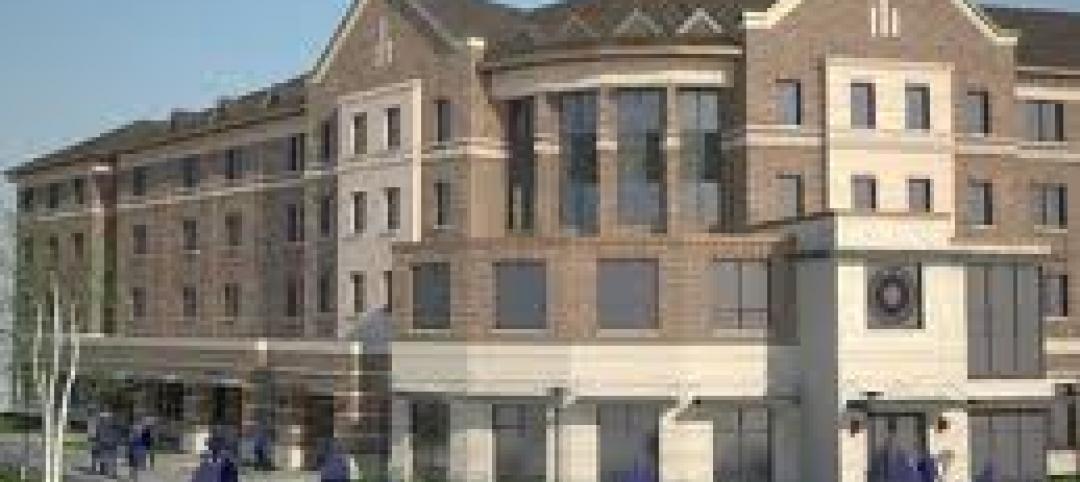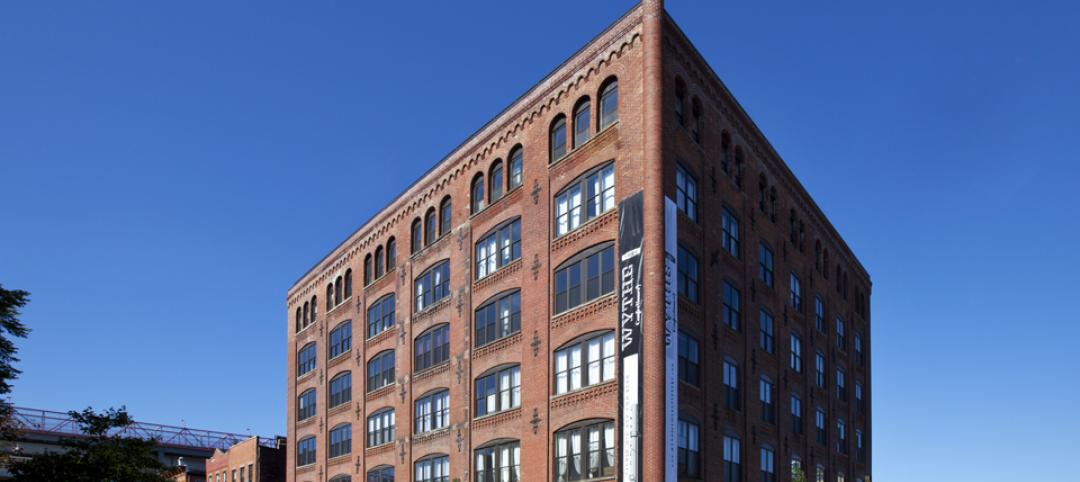Products from ten companies have been selected as finalists for the Cradle to Cradle Product Innovation Challenge sponsored by the Schmidt Family Foundation and the Dutch Postcode Lottery. Three winners will be selected from this group and will share a cash prize of $250,000.
The Cradle to Cradle Products Innovation Institute, in partnership with Make It Right, launched its first ever Cradle to Cradle Product Innovation Challenge in November 2012. By June, over 100 products had been entered in the Challenge.
The Challenge: Create a building product that is safe, healthy, affordable, effective, and designed to be returned safely to nature or industry after use.
“We are delighted at the response to the challenge and the quality of the submissions,” said Bridgett Luther, president of the Institute. “These innovations embody shared values of practical sustainability and entrepreneurship.”
From insulation grown from fungi, to roofing made from waste limestone and recycled plastic, to bricks grown by living organisms, the finalists are showing what’s next in the green building scene. The ten finalists represent alternatives to a range of traditional building products, including insulation, paint, drywall, siding, roofing, bricks, and construction panels.
The finalist include (to see videos on each finalists, click here):
Ecovative – Mushroom Insulation
Mushroom® Insulation is a renewable, high-performance, and cost-effective replacement for plastic foams. Ecovative’s process combines agricultural byproducts with fungal mycelium, a natural, self-assembling binder, to literally grow structural rigid insulation. We grew a tiny house, and we see this as a proving ground for the $21B rigid board foam insulation market.
Bellwether Materials – Softbatts Sheep’s Wool Insulation
Softbatts insulation is made from sheep's wool. It is safe for people, animals, and the environment. Very little energy is used in manufacturing. Installers don’t need to suit up. Wool is known for its ability to absorb pollutants in the air, making interior spaces healthier. If the building catches on fire, wool insulation is difficult to burn and will delay the ignition of surrounding materials. If the building is demolished, the wool can easily be pulled out and reused, repurposed or recycled.
ROMA – Domus Mineral Paints
Our Domus paints are excellent interior finish paints and primers for sheetrock, wood, plasters, and trim. They are derived from natural materials, washable (matte sheen and above), free of toxic chemicals, free of asthmagens, hypoallergenic, and permeable, prohibit bacteria that form mold, and absorb CO2 (so no Sick Building Syndrome). They are ideal for use in commercial and residential areas: offices, schools, medical facilities, and homes. Easy to apply—spray, roll, or brush.
StormWall Industries – StormWall panels
StormWall is a structural wall, floor, and ceiling system with panels that supersede and replace the use of drywall. Based on the Composite Panel Associates Carbon Model, StormWall panels sequester more than 3X the CO2 emitted from the production process and supply chain. The StormWall panel is Classified E1 for indoor air quality with Formaldehyde content confirmed at <8.0mg/100g. Panels are painted in factory with VOC-free, GREENGUARD certified paint, further reducing formaldehyde emissions by 80-95%.
GR GreenBuilding Products – GR Green Roofing and Siding
GR Green Building Products Inc (GR Green) has developed a breakthrough, patented process to produce the world’s first truly ecological synthetic roofing and siding products at extremely competitive prices. Made from waste limestone and recycled plastic—milk bottles and grocery bags—GR Green CedarTM and GR Green SlateTM look natural, cost less than the competition and can be completely recycled at the end of their 50+ years of use, making GR's products not only ecological but sustainable.
bioMASON – Biobrick
Traditional brick manufacturing utilizes a fuel firing process and is responsible for approximately 800m tons of CO2 emissions every year. bioMASON’s protected technology instead employs bacteria to produce a natural cement within a mix of aggregate. Inputs are globally abundant and may be extracted from waste streams. The cementation process is achieved in ambient temperatures. A hardened brick requires less than 5 days to form, and is comparable in cost and performance to traditional masonry.
Ecococon – Straw Panels
Prefabricated load-bearing Straw Panels are made for cost-efficient and precise construction of super-insulated houses. The Ecococon modular building system is made from 99.4% rapidly renewable and mostly locally sourced materials (straw and wood). The panels have been successfully applied in several passive houses. The modularity, use of small-sized timber, and the homogeneous look of the straw surface set this product apart.
HaploBuilt – HaploBlocks
Haploblocks are prefabricated modular building enclosure components assembled and connected on site. All materials are biodegradable or recyclable. The manufacture and assembly is simple, requiring few tools, little energy, and no water. Haploblocks can be disassembled and used again in new construction. Regional manufacturing further reduces energy and environmental costs and promotes social discourse and economic justice.
ECOR – Universal Construction Panels
ECOR® Universal Construction Panels come in various shapes and sizes. Fabrication, shipping, handling, and assembly are all low-cost. Panels are lightweight, low volume, and designed for anyone to assemble, easily. ECOR® is a sustainable material technology that utilizes a ubiquitous raw material, available worldwide: waste cellulose fiber. ECOR® manufacturing includes a closed loop water system with 99.5% reutilization.
Dutch Design Initiative – Reinforced Wood Wool Cement Board
Reinforced Wood Wool Cement Board is a versatile building material made from wood wool and cement. The wooden pole in the board results in a constructive element. It can be used for walls and roofs. Boards are fire-resistant, waterproof, rot-resistant, termite- and vermin-resistant, insulating, sound-absorbing, free of harmful emissions, and accept a wide range of finishes.
Related Stories
| Oct 6, 2011
GREENBUILD 2011: Growing green building market supports 661,000 green jobs in the U.S.
Green jobs are already an important part of the construction labor workforce, and signs are that they will become industry standard.
| Oct 5, 2011
GREENBUILD 2011: Brick offers growing options for sustainable building design
Brick exteriors, interiors and landscaping options can increase sustainability that also helps earn LEED certification.
| Oct 4, 2011
GREENBUILD 2011
Click here for the latest news and products from Greenbuild 2011, Oct. 4-7, in Toronto.
| Oct 4, 2011
GREENBUILD 2011: Methods, impacts, and opportunities in the concrete building life cycle
Researchers at the Massachusetts Institute of Technology’s (MIT) Concrete Sustainability Hub conducted a life-cycle assessment (LCA) study to evaluate and improve the environmental impact and study how the “dual use” aspect of concrete.
| Oct 3, 2011
Magellan Development Group opens Village Market in Chicago’s Lakeshore East neighborhood
Magellan Development Group and Hanwha Engineering & Construction are joint-venture development partners on the project. The Village Market was designed for Silver LEED certification by Loewenberg Architects and built by McHugh Construction.
| Sep 29, 2011
Busch Engineering, Science and Technology Residence Hall opens to Rutgers students
With a total development cost of $57 million, B.E.S.T. is the first on-campus residence hall constructed by Rutgers since 1994.
| Aug 31, 2011
Wythe Confectionary renovation in Brooklyn completed
Renovation retains architectural heritage while reflecting a modern urban lifestyle.
| Feb 22, 2011
New EcoSpec Tile company offers recycled tiles
EcoSpec Tile LLC, established February 1, 2011, is a new tile manufacturing company started by a group consisting of experienced/time-tested tile professionals who collectively feel a strong responsibility to their industry and to their planet. The initial product offering includes sustainable tile material composed of 50% pre-consumer waste, 20% post-consumer waste and 30% new material recycled contents.


